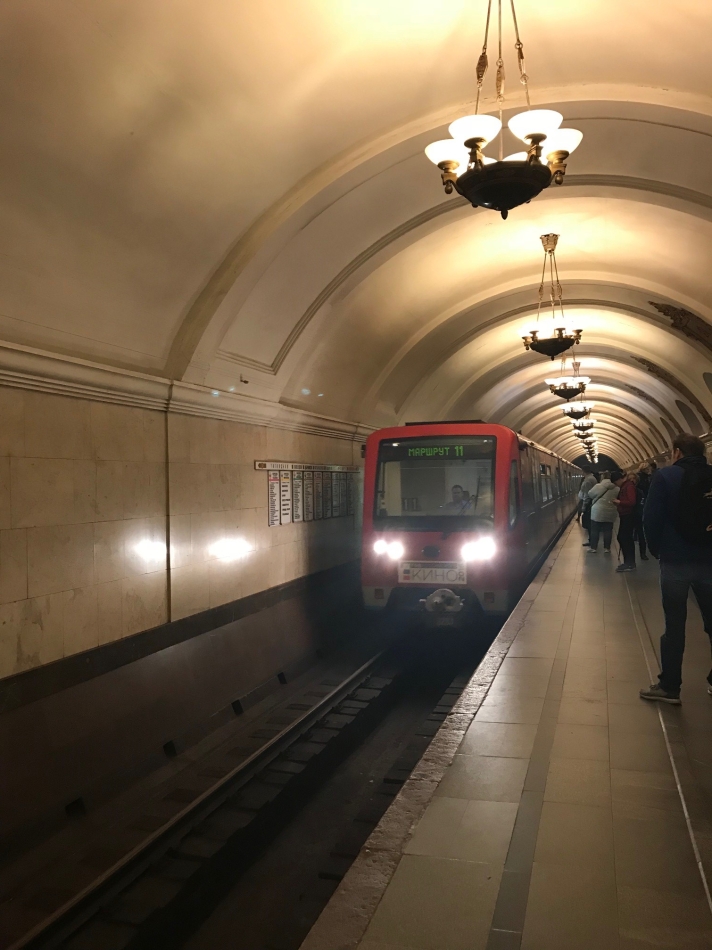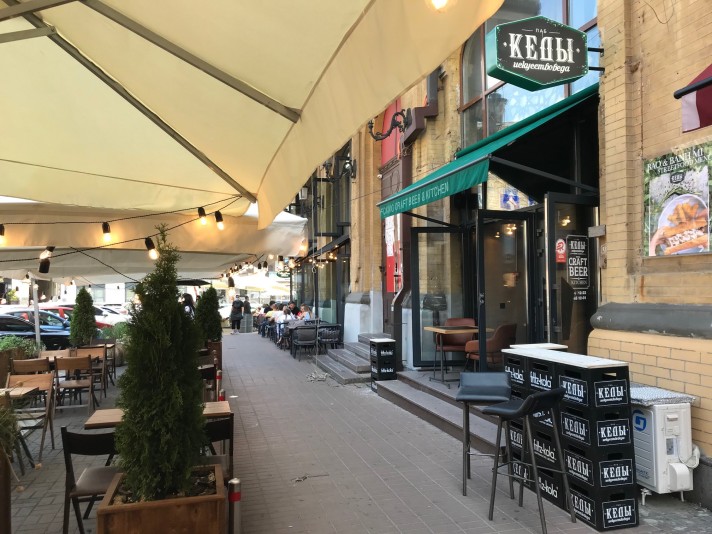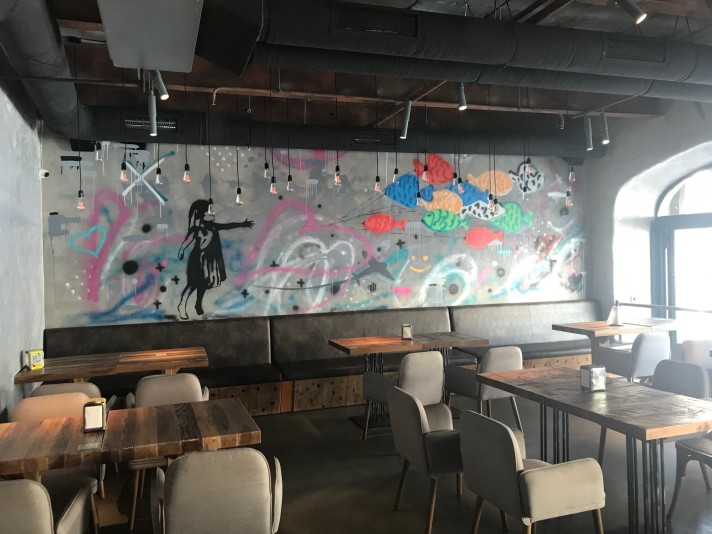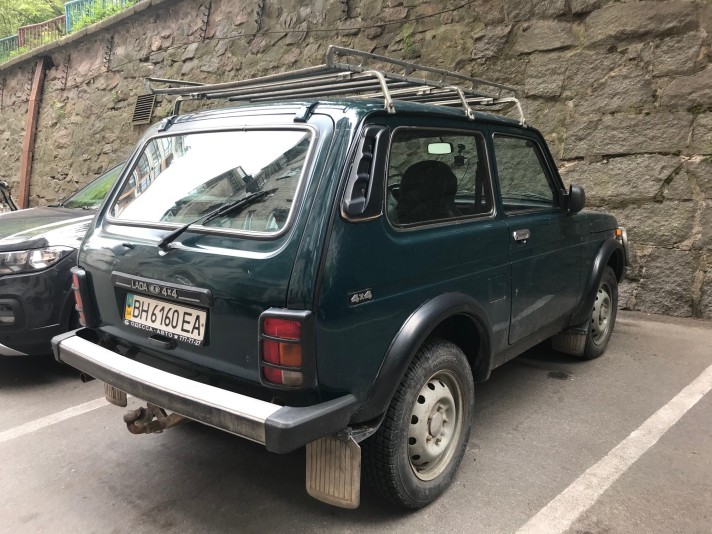I am a great believer in the value of reflection, as you will see from my previous research. After six years living and working in China, Russia and Ukraine, whilst also holding down a full time job in the UK, I feel that I have learnt so much and I would like to share my reflections on what I have learnt. What I have learnt is wide ranging, relating to working in the countries I have lived and worked in, but also includes reflection about the daily experience. Some of the eclectic things I have learnt are discussed below, in no particular order:
Every Country has a Different Broom
Having lived and worked in five countries (China, Russia, Ukraine, USA, and UK) in six years, one of the things that astounds me is there is no single broom or brush for cleaning the floor. There are so many different sizes, designs, and angles. For example, the brooms in China are small and angled, whilst in Russia they are bigger and straight. But in Ukraine they are angled and tall. In the UK, I am not that familiar with brooms as most floors are carpeted, but I was a janitor for a year in Tesco and the bristles were straight. In the USA brooms have straight bristles and handles, more like the UK. But it has amazed me that every apartment we have moved into has had a different broom.
What Constitutes ‘Good’ Work
I have been surprised by the range of understanding and interpretation of what constitutes ‘good’ work, in the places I have lived and worked. I was brought up in the UK system, which like the US is task focused. Other countries are more time focused, whereby the time you spend on a task is more important than the quality of the output itself. In such cases work is scheduled around time not outputs and the time must be filled. This is different to my flexible working pattern, where I work unique hours and most people do not mind as long as I complete what needs to be done.
Economic Principles do not Always Apply in the Same Way
I found the idea that the basic economic principles that we are taught do not apply universally. I was, of course, aware of the different economic systems which exist in China, Russia, and Ukraine, but not that economic concepts that we take for granted in the UK and US do not always hold true. The most obvious way in which I saw this was in the lack of economies of scale when shopping in supermarkets. For example, if you buy a multipack of beer in Walmart or a local domestic supermarket in China you would commonly be charged for the price of an individual beer times the number of beers you have. A lack of economies of scale for the end consumer could also often be found in Ukrainian shops to a lesser degree. Of course, when broken down, it can be argued why should a multipack be cheaper than buying individual units, but I have been conditioned to believe that it should. The concept of buying many things by weight rather than by piece in Ukraine always fascinated me, as it made it harder to know what an ice cream or cake would cost. It seems logical and a more direct reflection of value, but not really consumer (or worker) friendly, as there are many more steps required.

No Multipack Discount 
Single Bottles
Entrepreneurship and Informal Entrepreneurship
Whilst living overseas I have noticed a difference when it comes to how entrepreneurship and informal entrepreneurship is valued. This is probably not a surprise, but in the more developed countries I have lived and worked in I have noticed a desire to formalise entrepreneurship. Formalised entrepreneurship helps to bring in more tax revenue and benefits the wider economy. China really leads the way here, and the promotion and development of entrepreneurship really is impressive.
Public Buildings and Spaces are Impressive in Former Soviet Countries
The development of public buildings for public use in former Soviet Countries is impressive. Whilst the function within these building might not be world leading, in Moscow and Kyiv there are some wonderful public spaces. I think many countries around the world could learn from the museums, theatres, monuments, and metro systems that these cities have. The dedication to the public good is impressive.

Moscow Underground 
Expocenter of Ukraine 
Moscow State University’s Seven Sister
The Desire to be Different/Unique
Contrary to what the academic literature would suggest, I have found that in some societies the idea of being unique and being a ‘VIP’ is very powerful. When boarding a flight with elite status/business class ticket I like to be the last one on, to take advantage of the airport lounge and their facilities, but the power of being a VIP is very strong in some cultures. Indeed, you will often see a VIP phone number presented to the general public in some countries, which by definition means its not a VIP number if everyone has access to it. This demonstrates the power and perceived psychological benefit of being an individual in some countries.
Reserving Tables for Hours and Having no Custom
My final reflection is on the process of reserving tables in bars and restaurants and the willingness to reserve a table the whole night from 5pm through to 1am, even when the reservation is only for 9pm through to 1pm. Whilst this in part probably comes from living in the centre of three expensive cities, where many exclusive and luxury hangouts exist, it underlined to me the importance and value of having a booking somewhere and it being at an ‘it’ place. It also always seemed strange that venues would turn away custom when they had a booking three hours later. I would often have to convince servers to let me stand in a corner or at the bar to have a quick snack and drink at 5pm because they had tables booked later that night. In this context I am sure it came largely from the balance between the local wages and the food and drink on offer, and therefore reservations being so valuable. I will always remember sitting in odd corners of completely empty bars and restaurants which remained empty until much later in the evening when I would be home in bed.

Empty Bars 
Empty Restaurants
The Value of Wealth and Money
The value of wealth and money and the willingness to display it, is different in the countries I have lived in. In some countries legitimacy is given to those with wealth, whilst in others wealth is held but not explicitly displayed. We have been gifted the wonderful opportunity to live in the city centres of Beijing, Moscow, Washington DC, and Kyiv. In all of these cities Washington DC had the least sports cars and roaring engines. In fairness, maybe American wealth does not come to DC, but rather New York, San Francisco, LA or even the Finger Lakes.
Logistics are impressive and redesigned for the Context in China and Ukraine
I was always amazed by the efficiency of Chinese and Ukrainian distribution companies. The Chinese logistics system is amazing, but the Ukrainian system is also good. These systems always highlighted the inefficiency in the UK and USA systems, possibly related to latecomer advantages.
Collaboration
I have found that the concept of collaboration is different in every country and maybe, not so surprisingly, is influenced by institutional direction. I have worked and collaborated with top universities in China, Russia, and Ukraine, and each has had a different outlook when it comes to collaboration. I have previously mentioned how beneficial I have found collaboration with Chinese colleagues, but I have learnt collaboration is impacted so much by national policies and directives.

Collaborations 
More Collaborations
People Relate to the Same Brands Differently in Different Countries
The importance of branding and how people relate to it and perceive brands was demonstrated to me by living to numerous countries. It is a common adage that organisations want to standardize their brands and balance their product adaptation and standardization, but when living in several very different countries it is easy to see that this is potentially more challenging than I first realised. It is easy to see brands and what they stand for as one entity, but marketers have limited control of how individuals view and perceive their brands, so brands are often viewed differently in different countries. Plus, often when brands are viewed one way in a particular country, it is often easier to run with it, than to try and realign and contradict peoples’ current perceptions.
Big American cars in Russia and Ukraine
I was always amazed by the number of big US cars in Moscow and Kyiv. There were many more big US SUVs in Moscow and Kyiv than you would find in Western Europe. I don’t know whether this is related to the demand for US vehicles or the driving conditions being more like the snowy US winter roads, but the driving and traffic felt much more like being in a US city, rather than a European one.

Not really relevant to my point, but I wanted to showcase this 4×4 Lada